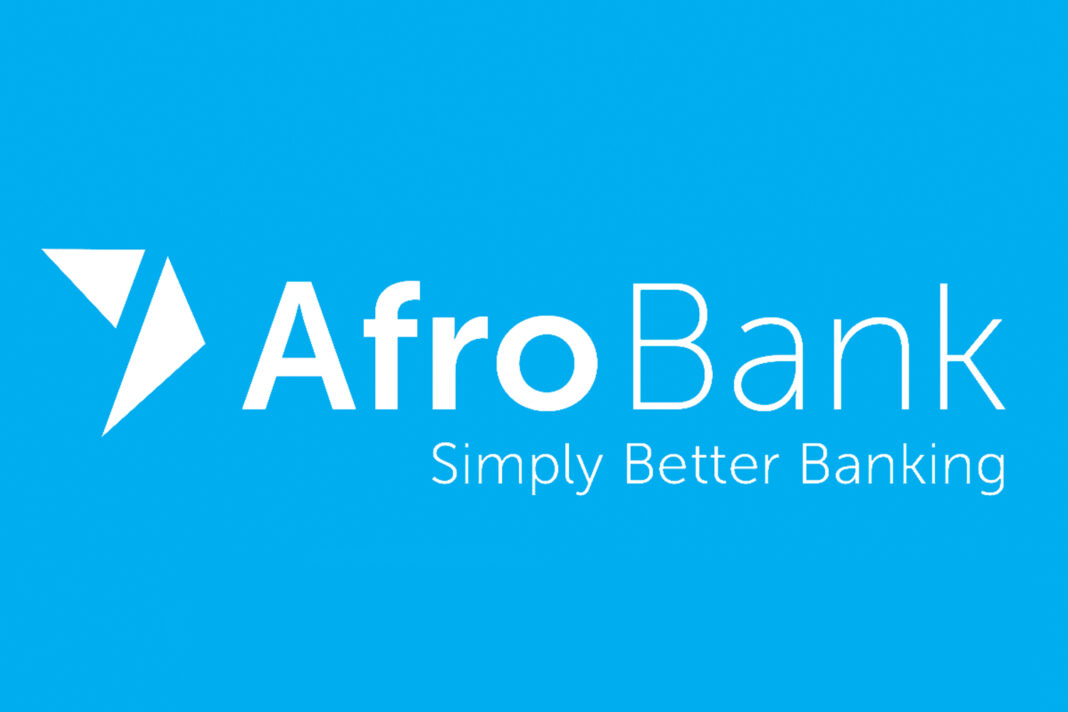The first fully flagged digital Bank, Afro Bank S.C under establishment and that comprises of seasoned bankers and entrepreneurs, is coming to join the ever growing banking sector.
The bank was established on the sole of becoming a game changer in the financial industry, and set new trends in untouched areas by delivering modern-banking options deeply connected to the customer experience and fulfilled through exceptional service and technology.
“The primary objective of Afro Bank is to introduce simple and modern banking services. The Bank envisions providing unique financial solutions and best value for money to its customers,” highlighted the organizing committee of the bank.
“The name Afro reflects black pride, and Ethiopia, as the hub of Pan-Africanism, is the pride of Africa,” said the organizing committee. In line with this, Ethiopia being the host of the African Union, meeting one of its goals of “Achieving greater unity and solidarity between African countries and their people is crucial, they emphasized. Thus, Afro Bank’s long term vision is to serve a thriving Africa and to be a bank for all Africans, by Africans.
By combining professional talents and modern technologies, Afro plans to create unique banking environment for its customers by implementing strategy which mainly focuses on offers leaner and simpler banking and digital banking, since the banking landscape is also changing as customers’ behavior evolves and technology advances.
On matters shares, seven hundred and fifty thousand registered ordinary shares are floated for public subscription. The par value of each share is Birr 1,000 and the offering price per share is Birr 1,000.
The minimum subscription allowed for shares of Afro Bank S.C is 100 shares or Birr 100,000. The maximum is 5% of the capital floated for subscription, as per the Banking Proclamation of Ethiopia. There is a service charge of 3% per subscribed share.
“Afro Bank intends to create a positive impact on the society by addressing financial literacy, promoting financial inclusion and creating economic opportunity,” according to the organizing committee.
Currently there are 17 existing commercial banks 15 private and 2 government banks and dozens of upcoming new banks.







